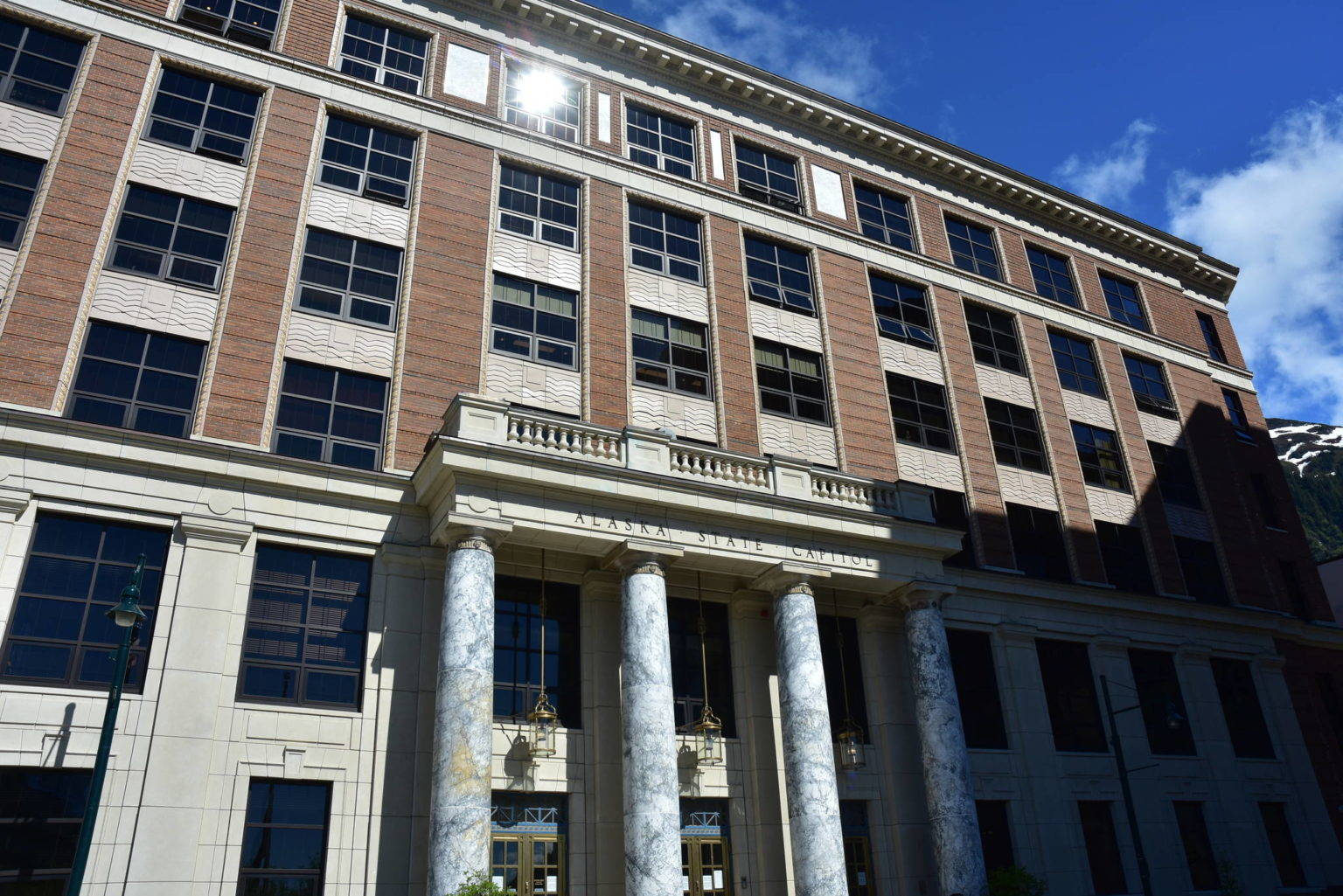This article has been updated to reflect new information.
Gov. Mike Dunleavy changed the start of the next special session of the Alaska State Legislature to Monday, Aug. 16, after legislative leaders sent the governor a letter requesting the start of the session be postponed.
Lawmakers sent the letter Wednesday requesting the session, previously scheduled to begin on Monday, be delayed to allow a legislative working group more time to draft recommendations.
Dunleavy amended not just the start date of the next special session, but also what lawmakers are able to discuss, adding two proposed constitutional amendments to constitutionalize both the Permanent Fund Dividend and the Power Cost Equalization fund.
“We can’t wait any longer. The fund is sitting at 81 billion dollars, more than enough to pay sizable PFDs to Alaskans recovering from the pandemic,” Dunleavy said in a statement.
A bipartisan working group has met every day this week and starting Thursday began hearing public testimony on the state’s financial situation. The last of those hearings is scheduled for Monday evening.
On Monday, Aug. 2, Senate President Peter Micciche, R-Soldotna, and House Speaker Louise Stutes, R-Kodiak, will give a public presentation on the state’s financial situation via Zoom, and take questions from the audience.
The Legislature remains deeply divided and has already had two special sessions this summer, but even with the extra time the state’s budget remains only partially funded. Lawmakers were not able to achieve the three-quarter vote necessary to access funds from the Constitutional Budget Reserve, and members of the Republican minority in the House of Representatives are using the vote as leverage in negotiations.
An agreement between caucus leaders at the end of the last special session in late June set up the Comprehensive Fiscal Plan Working Group to try and draft proposals for solving the state’s long-term fiscal deficit. But the issues before the work group have been debated for years, and lawmakers voiced concern at the pace of the meetings and its ability to draft viable proposals before Aug. 2.
“Whatever the start date the Democrats will be there,” said Senate Minority Leader Tom Begich, D-Anchorage.
Speaking to the Empire before the governor’s announcement, Begich said there was wide agreement among lawmakers the working group was making progress but needed more time. The working group itself had asked for more time, Begich said, which indicated there was interest in making the group work.
“If they go through the public hearing process and take a week to write up a report, that would probably be enough time,” Begich said.
• Contact reporter Peter Segall at psegall@juneauempire.com. Follow him on Twitter at @SegallJnuEmpire.

